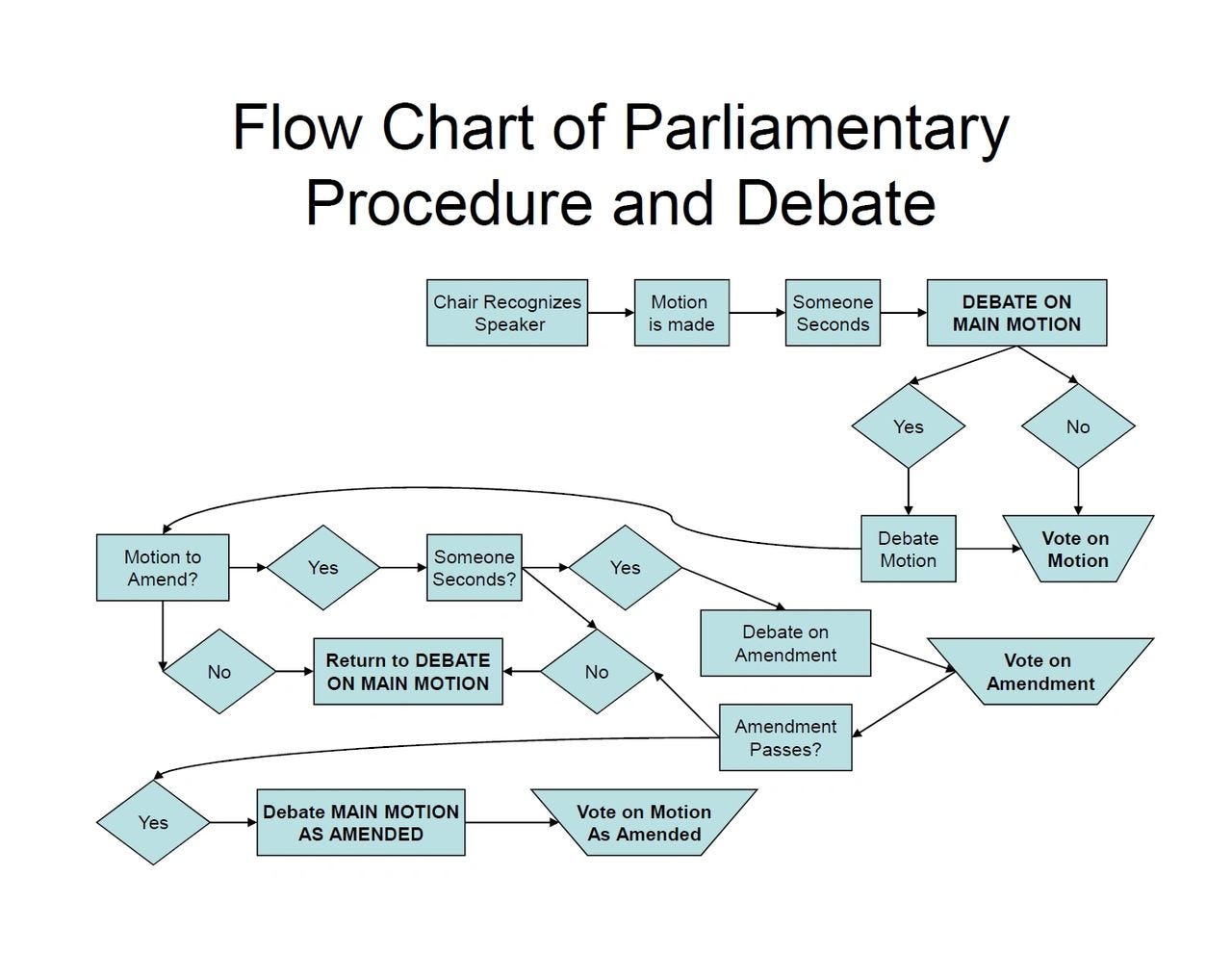Glorious algorithm
When I was looking for a publisher for my book, I considered adapting it so that it would fit a technology-related series. The editor kindly showed it would be a stretch to treat it as a technology book per se, and I agreed. But it is still worth emphasizing that parliamentarism is very much a technology. This matters a lot, because if people see parliamentarism as naturally arising from a place's culture (or worse, their psychology), then they will try to change the culture first (or, if they think it comes from psychology, they might even give up on any changes towards parliamentarism altogether). They will also resist saying that one arrangement is better than the other because this tends to imply one type of society, and the people in them, is better than the other. But if people realize that it is a technology like the steam engine or, more closely, a computer's operating system, then they may lower their guards in adopting it. Despite some nostalgia, the truth is nobody uses MS-DOS anymore; it is simply worse than Windows.
Parliamentarism is an algorithm. More precisely, it is a class of similar algorithms with some cruciallly similar characteristics, in the same way that there are several different versions of Windows. We always associate algorithms to computers and electronics, but the essence of an algorithm is that it is, as Merriam-Webster defines it, "a procedure for solving a mathematical problem (as of finding the greatest common divisor) in a finite number of steps that frequently involves repetition of an operation". As we see from Wikipedia, "The concept of algorithm has existed since antiquity. Arithmetic algorithms, such as a division algorithm, were used by ancient Babylonian mathematicians c. 2500 BC and Egyptian mathematicians c. 1550 BC.[12] Greek mathematicians later used algorithms in 240 BC in the sieve of Eratosthenes for finding prime numbers,[13] and the Euclidean algorithm for finding the greatest common divisor of two numbers.[14] Arabic mathematicians such as al-Kindi in the 9th century used cryptographic algorithms for code-breaking, based on frequency analysis.[15]"
Here is their representation of Euclid's algorithm for the greatest common divisor of two numbers.
Now the essence of the parliamentary algorithm is extremely simple. The leaders of a country (or of any organization) should meet in an assembly and collectively decide, by majority vote, who should be the derivative leaders. The presidential algorithm is that the entire population of a country (or any organization) will vote on pre-selected choices for who should be the individual leader of the country. In itself, this is surely not a working algorithm no more than saying that "Windows is a Graphic-User-Interface", or that MS-DOS is a text-based interface.
But, just like software, a more detailed view of how parliaments make decisions can also be expressed as a flowchart, as can be seen below:
Now even this flowchart is far from complete. Parliamentary procedure specifies several other rules that are not contained in this simplified flowchart. But the point remains that there are rules which can work independently of the participants. Sure, the behavior of participants matter for what sort of results we get, but that is also true of operating systems such as Windows and MS-DOS.
Thinking of parliamentarism as a technology helps us understand how it could be that it is so superior to presidentialism, and why we should not perceive its adoption as passing any sort of judgement on the peoples who currently have to work under one or the other environment. Some technologies are just better than others. There is a learning curve, but the sooner we adopt the superior one, the better.




